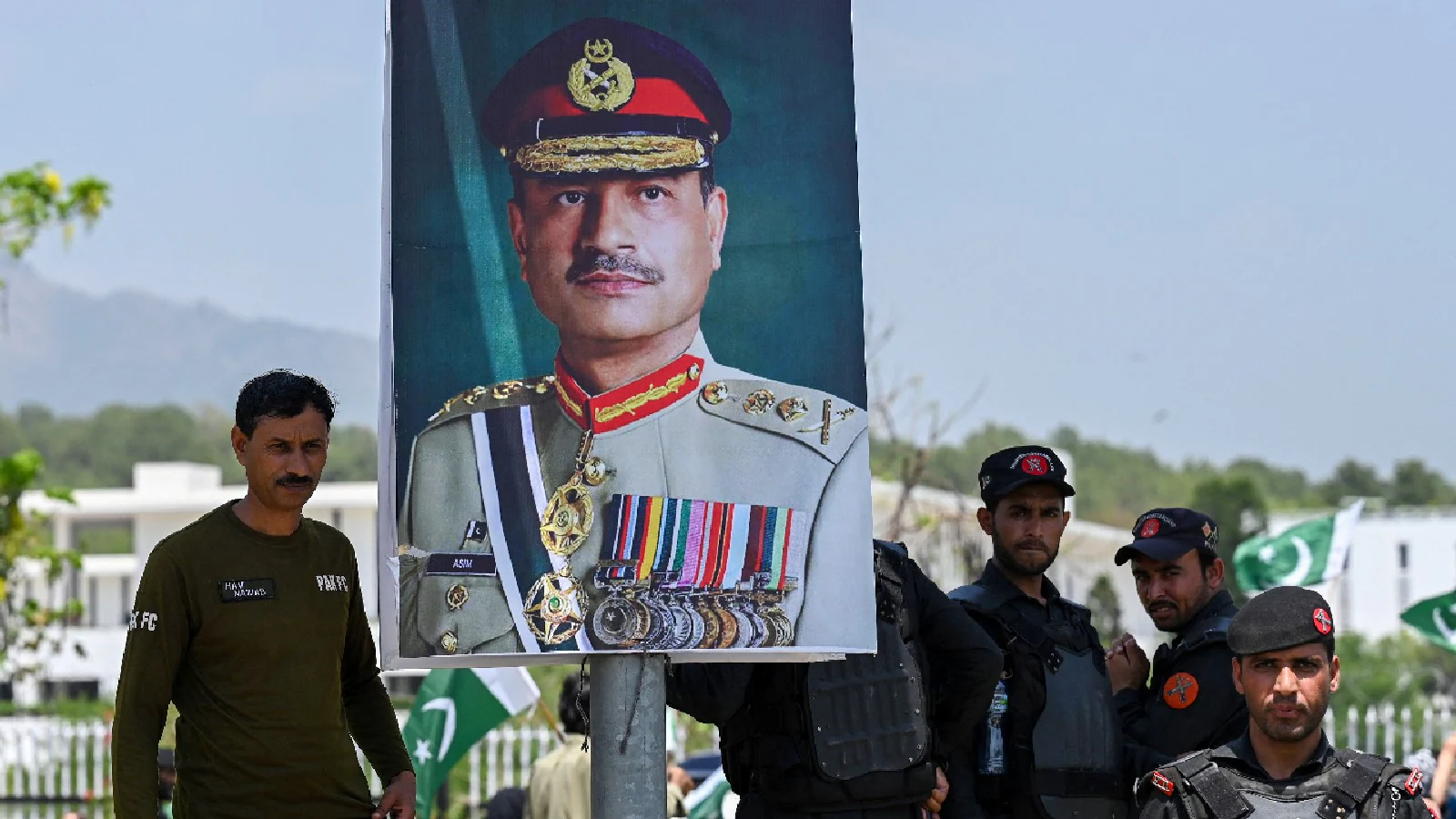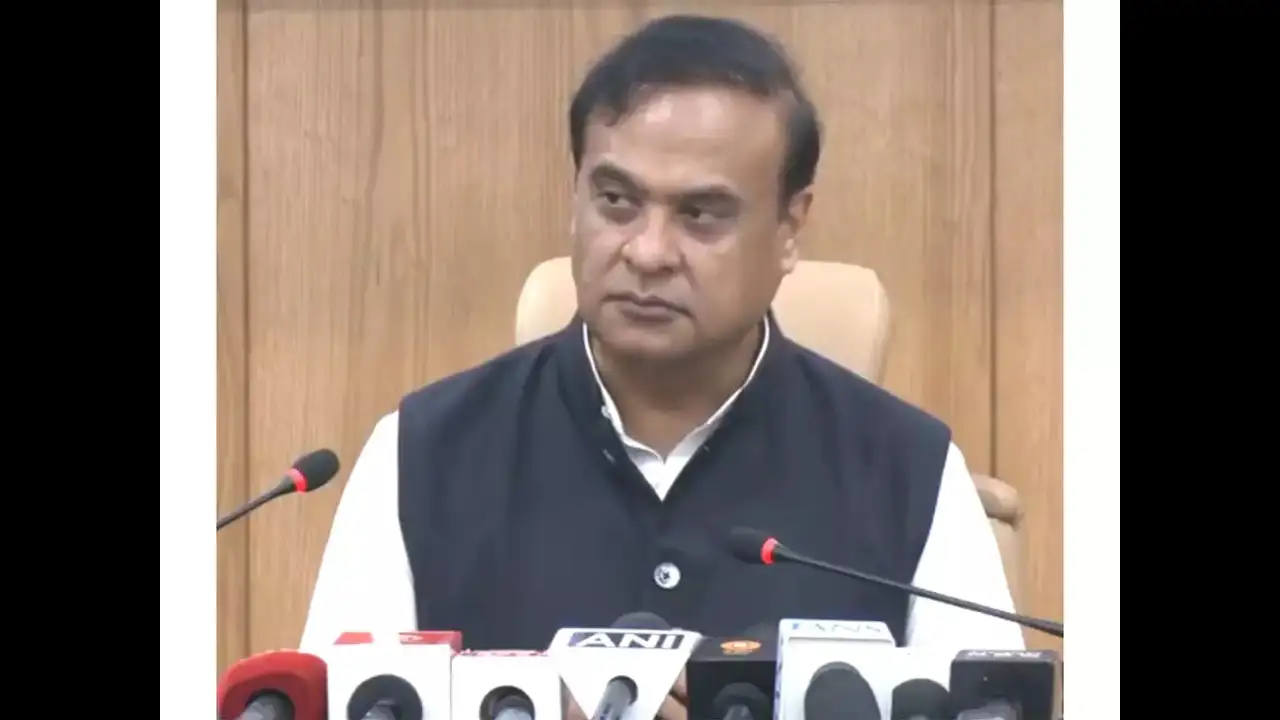Copyright news18

Pakistan’s political landscape is once again on the edge of turmoil as the government races to push through the controversial 27th Constitutional Amendment, which opposition parties and intelligence insiders warn could permanently blur the line between civilian authority and military control. Top intelligence sources told CNN-News18 that the proposed amendment is poised to “legitimise a permanent state by army on democracy”, establishing a constitutionally sanctioned Field Marshal or Commander-in-Chief to head a newly envisioned Unified Command of the Armed Forces. This command would centralise authority over the Army, Air Force, Navy, and other strategic institutions, effectively consolidating Pakistan’s defence establishment under one powerful, constitutionally protected figure. The ruling Pakistan Muslim League-Nawaz (PML-N) has confirmed its intent to have the amendment passed by November 15, asserting that the move is essential to “modernise national defence and streamline command structures”. Defence minister Khawaja Asif defended the amendment, saying, “The defence and security requirements have changed—the civil-military hybrid equation is delivering well for Pakistan.” However, political opposition and civil society groups have erupted in protest, calling the amendment a “soft coup in constitutional disguise”. Imran Khan’s Pakistan Tehreek-e-Insaf (PTI) has vowed to oppose the Bill “inside the Parliament and on the streets”, labelling it an attack on the federation. The Pakistan Peoples Party (PPP), Jamiat Ulema-e-Islam-F (JUI-F), and Awami National Party (ANP) have also expressed concerns, demanding checks and balances on the Field Marshal’s powers and questioning the erosion of provincial autonomy. PPP sources have confirmed the party’s opposition to proposed revisions in Article 140, which remove provincial protection under the National Finance Commission (NFC) and centralise policymaking in education and local governance. JUI-F chief Maulana Fazlur Rehman has demanded that the government release the full draft of the amendment before it’s tabled. At the heart of the controversy lies the planned alteration of Article 243, which currently governs the control and command of Pakistan’s armed forces. Once amended, insiders claim, the Army Chief or Field Marshal would enjoy immunity from civilian oversight, cementing the armed forces’ supremacy within the state’s constitutional framework. The amendment also proposes the creation of a Federal Constitutional Court, administrative and judicial powers for executive magistrates, and the authority to transfer high court judges between provinces—all moves critics see as attempts to weaken the judiciary’s independence. As Parliament braces for the November 15 showdown, political chaos intensifies. Some call it “the final chapter in Pakistan’s hybrid regime”, while others hail it as a “security-centric reform for national stability”.



